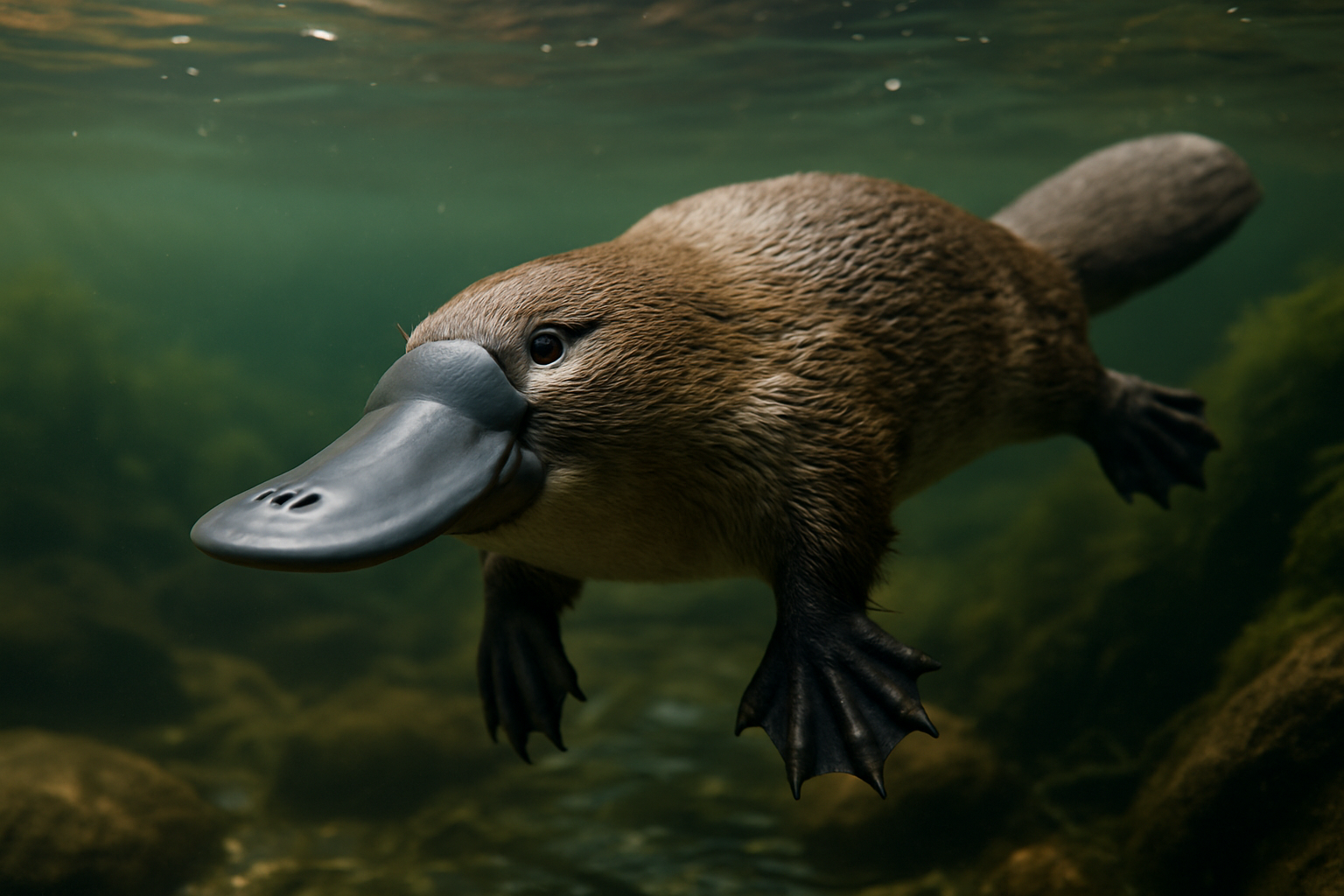A Deep Dive into the Unique World of Platypuses
The platypus, an intriguing creature with an odd mix of features, is sure to captivate any animal lover. However, despite their unique appeal, it's essential to understand why these fascinating animals should remain in the wild and not be kept as pets.

Unveiling the Platypus: Nature’s Oddball
The platypus, native to Australia, has long been a source of intrigue due to its unique mixture of mammal, bird, and reptile traits. When European scientists first encountered a platypus specimen in the late 18th century, they believed it to be a hoax. With a duck-like bill, beaver-like tail, and otter-like body, the platypus was unlike any other mammal known at the time.
Fascinating Features: Adaptations for Aquatic Life
Platypuses are semi-aquatic animals, spending much of their time in freshwater habitats. They have several adaptations that make them excellent swimmers. Their front feet are webbed for paddling, and their thick fur provides insulation. Remarkably, platypuses also possess electroreception, a sensory capability that allows them to detect the electric fields generated by prey in murky waters - a trait shared only with a few other mammals.
The Platypus in Today’s World: Conservation Status and Threats
Despite their fascinating features, platypuses face several threats in the wild. These include habitat loss due to urban development, predation, and climate change. Consequently, the platypus is currently listed as “Near Threatened” by the International Union for Conservation of Nature (IUCN).
The Misconception: Platypuses as Pets
Unfortunately, the uniqueness of the platypus has led some to consider them as potential pets. This misconception is not only harmful but also illegal. In Australia, where platypuses are native, laws strictly protect these animals, and it is illegal to keep them as pets. This restriction is crucial for the conservation of the species and to prevent potential harm that could result from inappropriate care in a home environment.
Respecting Wild Animals: The Importance of Conservation
The idea of keeping a platypus as a pet underscores a broader issue - the misunderstanding about the needs and rights of wild animals. While it’s natural to be captivated by the unique characteristics of animals like the platypus, it’s vital to respect their natural habitats and lifestyles. Conservation efforts should focus on protecting wild populations and their habitats, rather than attempting to domesticate such species.
In conclusion, while the platypus is an undeniably fascinating animal, it is not suitable for domestic life. As responsible animal enthusiasts, it’s our duty to respect and protect these creatures in their natural habitats, contributing to conservation efforts rather than undermining them. Let’s admire the platypus from a distance, appreciating the unique role it plays in our world’s biodiversity.






